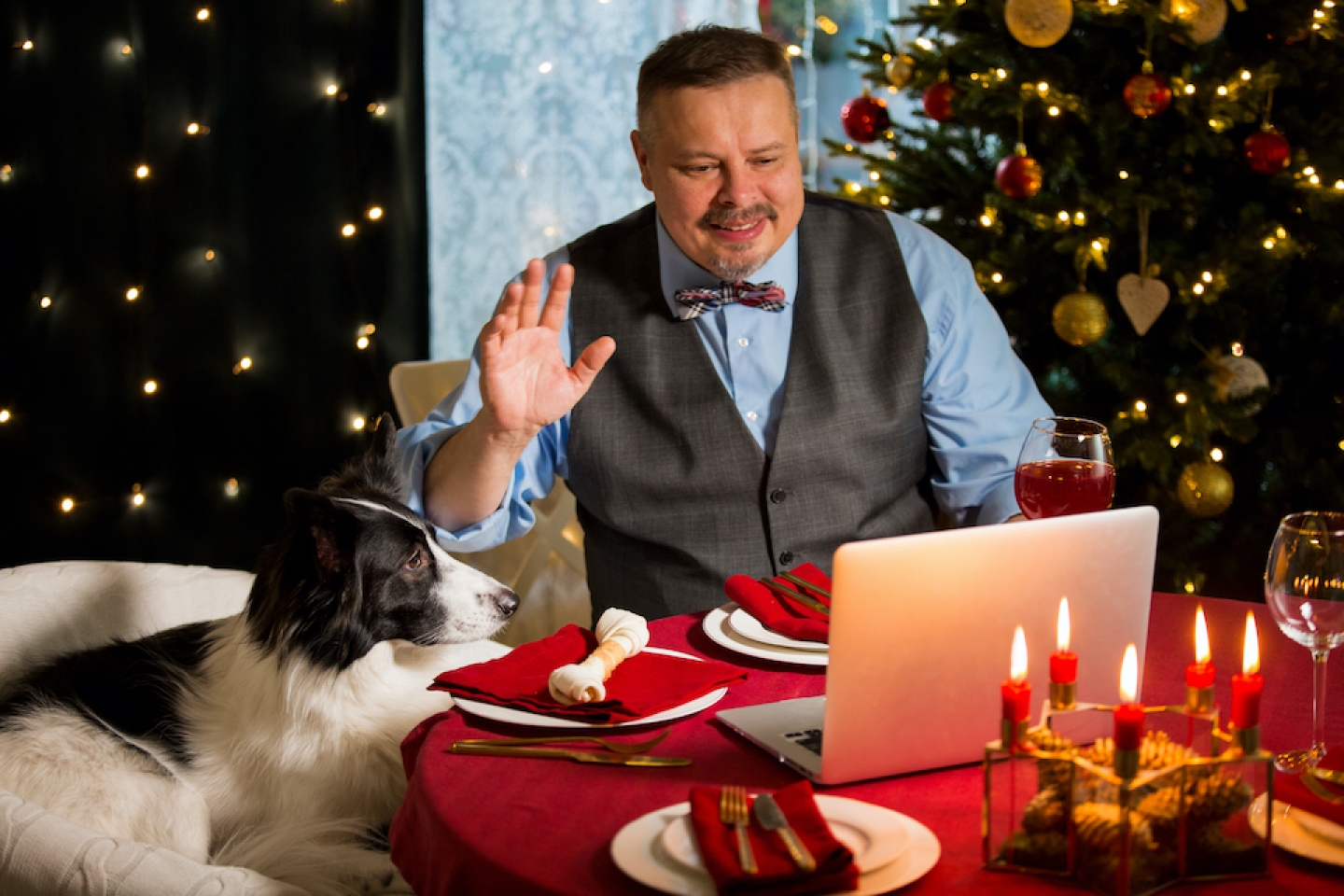
As the winter holidays near, many people may be grappling with how, if at all, to be with family this year. Some may experience emotional struggles to overcome the mixed feelings that may come with not being able to be with family and friends because of the pandemic.
Stephanie Rohrig, Ph.D., is an assistant attending psychologist at NewYork-Presbyterian Hospital and instructor of psychology in the Department of Psychiatry at Weill Cornell Medicine (WCM). Here Dr. Rohrig explores some helpful ways of approaching this uncertain time.
It’s understandable that the decision of whether to be with family is so challenging. What I’m seeing with some patients is a mixture of many emotions, including worry, sadness, and uncertainty. Many are feeling ambivalent--wanting to see loved ones, but also worrying for their safety.
There is a sense of loneliness, and so many people already have feelings of disconnectedness. They’re really longing for friends, and for people they’d really like to spend time with.
And all of these emotions make a lot of sense.
People feel different levels of comfort and safety about being together. The conversations about this within families can be challenging. It’s important that we each make safe decisions based on our own values—and that may be challenging, but it’s okay. Do what your family needs at this time.
There are clinical strategies that can help. Self-validation can be so powerful in helping us cope with our feelings. We can start by acknowledging the emotions and difficulties of these decisions. It’s okay to feel uncomfortable emotions during these difficult times. Then, we can focus on what is within our control-- “control our controllables,” so to speak--solve the things we can change and lean on friends and family for support.
And there are some other ways that we can reach out if we can’t physically be together. My family had two Zoom calls on Thanksgiving day. We may play an online game—something internet-friendly. So we’re still scheduling time to be together even though we won’t all physically be there this year.
Like adults, children are going through so many emotional changes day by day. One strategy for parents might be to have an open dialogue with teens and younger children, to give them space to talk about how they’re feeling. We can do that in an open-ended way, like asking how they’re feeling about the holidays, or how they’re feeling about school.
We need to listen to how and what they’re expressing. Sometimes we assume kids are feeling the same way we are, but something else may be on their minds.
Listening is a powerful tool. As parents, of course we want our kids to feel better. But it’s also important to allow our children to recognize that there’s only so much we can control. That may mean approaching this subject from a curious position of just wanting to learn and not trying to fix.
We also may find out that some of what upsets our kids is manageable. We may be able to reframe some of the challenges of the holidays with new traditions. It could be an opportunity for new things, for kids to have great ideas and take some agency in decision making.
It’s a real feeling. It reminds me of a word we use in anxiety literature—“habituation.” We can overcome fears by facing fears, and that can be helpful. In this pandemic situation, we are habituating to this environment with all of the precautions we’re taking. The summer felt safer and things opened up, and we had more flexibility, and we were habituated to a certain point. In the middle of a pandemic, however, habituation is less helpful since the problem is still very real. Now that we’re seeing the risk increase again, we need to retrain ourselves to take precautions again.
It can be hard to keep reminding ourselves that we’re still in a pandemic. But we can turn to reputable news sources, or perhaps read news about the pandemic instead of watching it, if that feels less stressful. And although it may not feel like it all the time, we can remind ourselves that hopefully this will be short term. We can balance reality with the hope that this will come to an end at some point, and we can resume our lives in new, normal way.